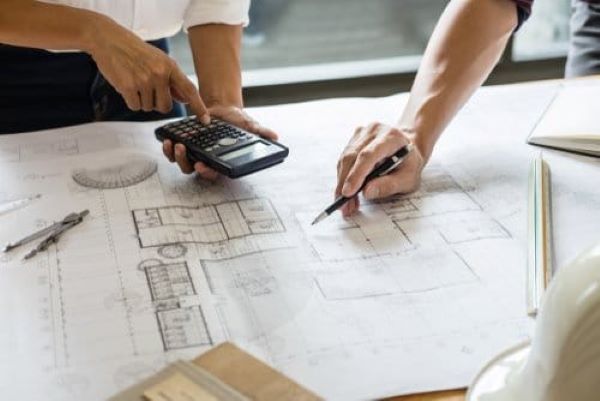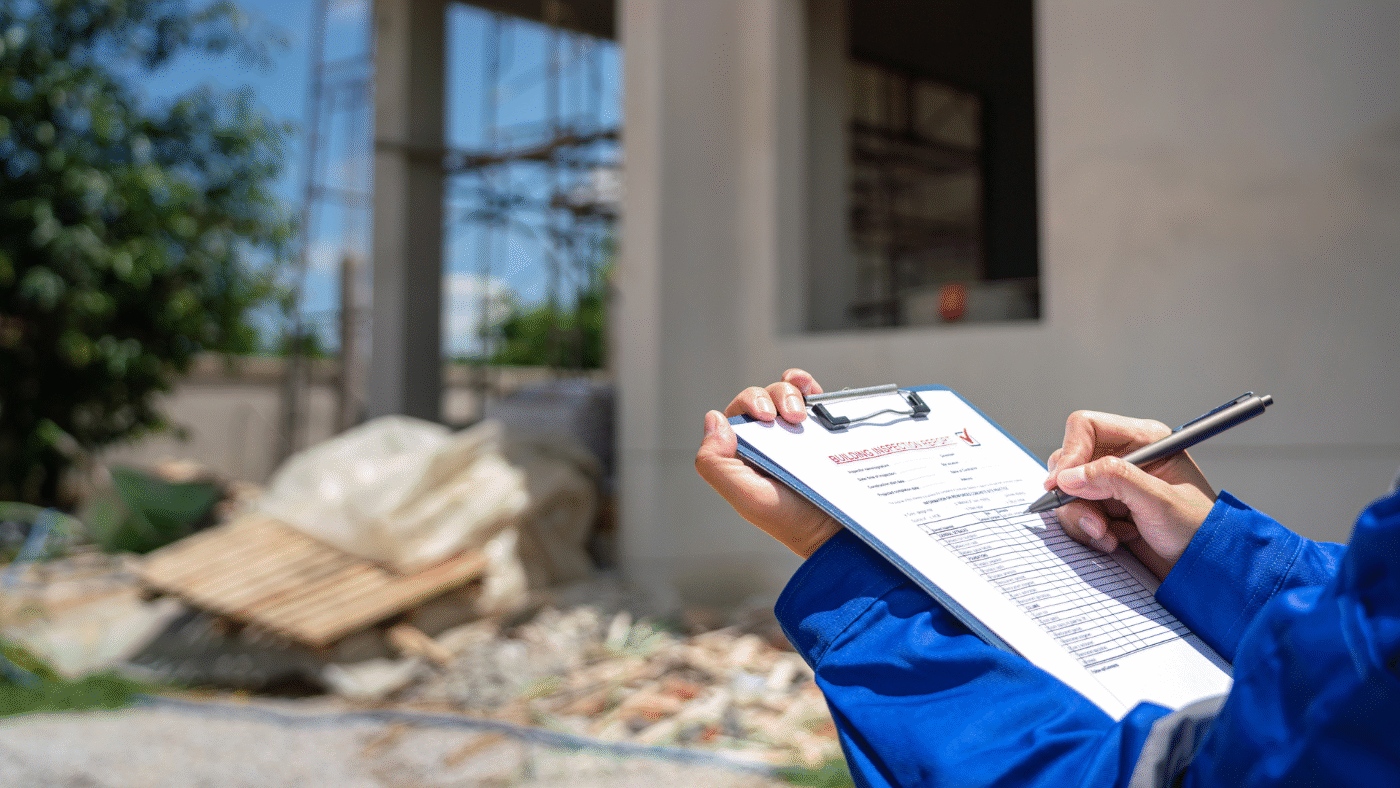Managing a complex claim without the right expert is like navigating unfamiliar terrain without a compass. You might have a “map” in the form of statements, estimates and photos, but without something to point you toward true north, it’s easy to wander off course. A forensic engineer or architect assumes the role of a compass. The appropriate expert can ground your investigation in facts, not merely assumptions, and point you toward defensible conclusions rooted in science, not speculation. When the path to resolution isn’t clear, the proper expert can ensure you reach the right destination, saving time and money while reducing claim cycles.
In the dynamic realm of the insurance industry, claim adjusters often navigate complicated scenarios where the details appear murky. A generational shift has transformed the workforce, with enthusiastic young professionals stepping in to replace the seasoned veterans of the past. As the industry evolves, new types of losses introduce additional layers of complexity and a need for increased information. While artificial intelligence has emerged as a valuable tool for adjusters, it remains clear that “AI cannot testify,” emphasizing the critical role of the human aspect of forensics. In the face of such uncertainty, insurance professionals may need to turn to forensic engineers and damages experts for insight that’s crucial to ensuring fair and accurate resolutions in the claims process.
The Role of Forensic Experts in Insurance Claims
Forensic engineers investigate incidents, analyze evidence and offer expert opinions on the cause of damages. They combine a distinct blend of engineering knowledge and investigative skills, allowing them to dissect complicated situations and provide clarity on the validity and extent of claims. There are two key reasons why it makes sense to engage with forensic engineers and damages experts:
Technical Expertise
Forensic engineers possess expertise needed to analyze materials, structures and systems and uncover the root causes of failures. For example, in instances of property damage, they meticulously investigate the circumstances surrounding a structure’s collapse, determining whether it stemmed from design flaws, material deficiencies or external forces, as further explained in this overview of forensic structural engineering. Their comprehensive examinations can reveal insights that may not be readily visible to claim adjusters. This specialized knowledge can greatly aid in the assessment of coverage, liability and damages.
Unbiased Opinions
Given their objective and independent stance, forensic engineers perform impartial evaluations, which can help adjusters avoid bias in their assessments. This impartiality is crucial for maintaining the integrity of the claims process and can lend credibility to the findings. Moreover, having a third-party expert can help mitigate disputes between the insurer and the insured, as both parties often appreciate the authoritative nature of such an assessment. Expert opinions play a crucial role in advancing a claim towards resolution, regardless of whether they aid in its defense or bolster the claimant’s theory of liability. This third-party perspective allows the adjuster to understand the claim’s direction, facilitating a more effective evaluation and resolution.
The Critical Indicators that Its Time to Engage a Forensic Engineer
There are instances when a claim’s complexity necessitates professional assistance. Some situations where an expert might be required include:
Disputed Claims: When a policyholder contests the insurance company’s findings, forensic engineers can provide independent analysis to clarify the facts.
Unique Occurrences: Claims involving unusual conditions, such as extreme weather events or catastrophic damage, might require the technical expertise of a forensic engineer to assess the scope of the damages properly. In the past, turning to a seasoned manager for guidance was often the go-to solution. However, we now face new types of losses emerging on a daily basis. A recent article by Michael Bator of VERTEX highlights the challenges posed by climate change, which has significantly intensified the severity of claims previously considered straightforward and manageable without expert intervention.
Potential Fraud: In cases where there is suspicion of fraudulent activity, forensic engineers can rigorously analyze evidence to help adjusters determine whether claims are legitimate.
Ensuring Effective Collaboration Between Claim Adjusters and Forensic Experts
To maximize the benefits of hiring a forensic engineer, adjusters should apply the following best practices:
Communicate Clearly and Completely
Adjusters must convey their specific needs and expectations clearly at the onset. This ensures that the forensic engineer understands the context of the investigation and the pertinent details requiring analysis. The adjuster should provide all relevant documentation, such as property reports, initial findings and photographs related to the claim.
Initiate Early Involvement
Timing is essential in the claims process. Initiating a proactive investigation can significantly benefit the adjuster, and involving a forensic engineer early on can greatly enhance effectiveness. Delaying this involvement or waiting until after the initial assessment can lead to lost evidence or reduced clarity. Adjusters should consider enlisting forensic expertise during preliminary investigations, especially when the circumstances are complex.
Set Objectives
Discuss and outline clear objectives for the forensic investigation. Whether the purpose is to determine the cause of damage, assess liability or evaluate the extent of repairs, having defined plans in place will allow the forensic expert to focus their analysis accordingly.
Nurture a Collaborative Approach
Adopt a cooperative mindset rather than a transactional one. Adjusters should treat forensic engineers as partners in the investigation, valuing their insights and encouraging open discussion about findings and methodologies. Regular updates and debriefs will improve this relationship.

What Adjusters Can Expect from Forensic Engineers
When partnering with a forensic engineer, adjusters can anticipate several essential elements from a customer service standpoint:
Detailed Investigation Reports
Forensic engineers deliver detailed reports that summarize their findings and conclusions. These reports validate the scope and severity of the issue and include an in-depth analysis and a clear presentation of the evidence.
Availability for Consultation
Forensic engineers frequently act as invaluable resources for adjusters throughout the claims process. They can clarify technical findings, offer guidance on complex cases, and serve as expert witnesses if claims turn litigious. Additionally, there is an educational aspect for the adjuster, so it’s important to not only field but also invite their questions to confirm their understanding of the event. Such wisdom benefits the adjusters but also, as mentioned in Paul King’s article on Vibration Damages, inspections may empower claims customers, perhaps allowing property owners to gain insight into ongoing issues and how they can ultimately address them in the future.
Professional Adherence to Standards
Forensic engineers adhere to strict professional and ethical standards. This assurance means that the findings presented stand firm against scrutiny, providing the adjuster with confidence in their conclusions.
Timely Service
Many forensic engineering firms have developed specific protocols to ensure a prompt response to requests. Adjusters should proactively discuss timelines to confirm that the forensic expert is able to accommodate the needs of the claims process, particularly in situations where quick action is essential. A swift investigation keeps the process moving efficiently and helps the carrier save money by shortening claim cycle times.
Effective Claim Outcomes: Strategic Allies Make it Happen
The partnership between adjusters and forensic experts serves to guide claim investigations towards accuracy and fairness. By drawing on the specialized knowledge of forensic experts, adjusters are better equipped to conduct comprehensive investigations that yield just outcomes. Effective communication, prompt collaboration and a teamwork-focused mindset strengthen this alliance, ultimately benefiting both insurers and policyholders.
Recognizing the right moment to tap into expert assistance empowers the adjuster in a highly competitive landscape where precision and speed are essential.
So, when the claims path becomes unclear, remember that a forensic engineer is not just along for the ride; they’re the compass every adjuster needs to follow to find the right direction.
To learn more about VERTEX’s Forensic Consulting services or to speak with a Forensic Expert, call 888.298.5162 or submit an inquiry.
Author: Chris Casaleggio, AIC, AINS



